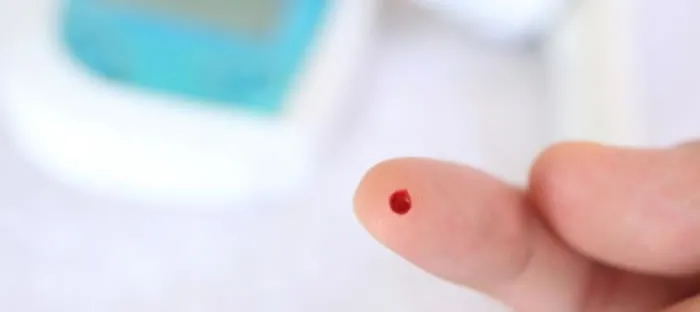
Feds say “No” to finger-stick A1c: Health Screening Compliance
A few months ago, we were engaged in an RFP process for one of our most valued municipal clients of over 3 years. As part of that process, our client asked us to provide pricing for “point of care” (a.k.a. finger-stick) Hemoglobin A1c testing. As we began to explain that, practically speaking, there is no compliant solution available for finger-stick A1c, we were surprised to hear that other health screening vendors were proud to offer this test.
To provide some background, finger-stick A1c products were developed to help people who have already been diagnosed with diabetes monInterlinitor their blood sugar levels. Over time screening companies began to use these Hemoglobin A1c tests in the field. A few years ago, the FDA issued a letter to manufacturers of finger-stick A1c test kits clarifying that the tests are only approved for monitoring and that no A1c test had been cleared to diagnose diabetes. Now, understand that health screening vendors do not diagnose, we screen. Screened individuals who show a likely condition are referred to a physician for formal diagnosis. Therefore, health screening vendors continued to offer finger-stick A1c under the assumption that as long as the test was used to screen, not diagnose participants, it would comply with the intended restriction. However, in 2013, manufacturers of finger-stick A1c solutions began discontinuing their lines of finger-stick A1c products, including Bayer who then manufactured a product labeled A1cNow+®.
The A1cNow+® product is now manufactured by PTS for its intended purpose of monitoring the blood sugar levels of people already diagnosed with diabetes. The manufacturer’s insert clearly states “This test is NOT for the screening or diagnosis of diabetes” under the section labeled “Limitations.” Health screening companies are regulated by the Centers for Medicare & Medicaid Services (CMS) according to the Clinical Laboratory Improvement Amendments (CLIA) which require health screening vendors to follow manufacturer’s recommendations, particularly those listed on a product insert. OHD has confirmed with the CMS that performing finger-stick A1c testing as part of a health screening is not compliant. Moreover, OHD was recently audited by CMS, and I am proud to say we passed with flying colors. Among other items, CMS auditors are specifically looking for violators actively performing finger-stick A1c. They were pleased we had proactively removed this offering from our services.
If your screening vendor is offering finger-stick A1c, it is an indicator that they may not be familiar with the many regulations covering the health screening industry, putting your wellness program at risk. We would be happy to assist anyone that needs additional consultation on this topic. Give us a call at 972-823-1640 or fill out our contact form and will work with you to build a compliant plan of action.
Update: As of August 17, 2016, point-of-care finger-stick A1c health screenings are still prohibited. Read our recent blog post about prohibited A1c health screenings.